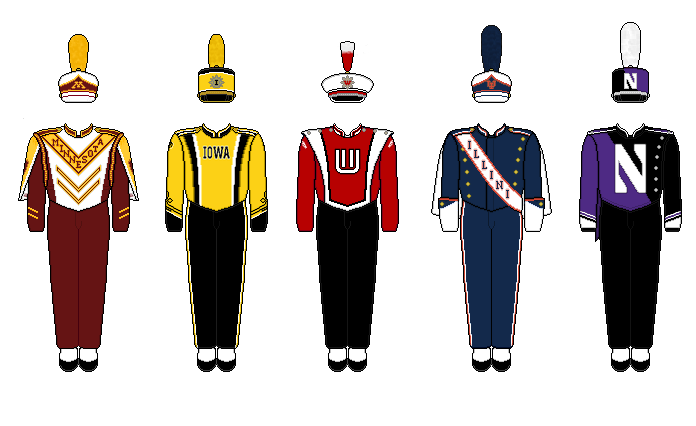A beginner’s guide to navigating a college fair
College: The daunting concept of moving on to a higher level of education. It’s something you’ve been reminded of since freshman year, something you might start thinking about seriously sophomore year and something you often start planning (and stressing about) throughout your junior and senior years.
One of many helpful options you can utilize in navigating the overwhelming possibilities is a college fair. I recently attended the Minneapolis Convention Center’s National College Fair and I can easily say it was a great opportunity. I was exposed to schools I hadn’t heard of and gathered valuable information about new schools that intrigued me.
Being able to talk to someone about a college in person rather than reading about that college online is a great alternative, or a great supplement, to the information you can find on the internet.
Something I found innovative, was the convention’s use of a bar code scanner that the representative could scan to have you added to their email list to receive more information about their college. This is a convenient process compared to past years, when you had to write your email down in a logging book so they could add you to their potential-student list afterwards. One of the nice things about the fair is that there is no pressure for you talk to the representatives and no pressure to be added to their email list. You can move about the fair at any pace you’d like, making sure to spend more time at your top choices and maybe less at other booths.
When attending a college fair, it is helpful to make a list of questions to ask regarding what is most important to you. With these questions, you can more easily narrow down a yes or a no to schools right off the bat. For example, if you ask what the college is most known for, field-of-study wise, and the representative says that they are a renowned health science school, and you’re looking for a reputable business school, then that college may not be for you.
A prudent way to approach the college search conundrum could be to first ponder the basics, such as if you’re looking for coed or single sex colleges, public or private, in state vs out of state colleges, etc. Once you’ve narrowed down your options a bit, here is a list of questions to help you narrow your choices even further:
What academic programs is your college most known for?
What is the gpa/act/sat average for admitted students?
What is your campus like on the weekends? Are there things to do on campus or in town, or do most kids go home?
Are fraternities and sororities a big part of campus life?
What are the housing options? Do many students leave off campus?
What are your options for fitness centers and sports complexes?
What are the most popular clubs and activities?
What’s the surrounding area like? Is it easy for students to get around without a car?
What are the most popular majors?
How would you describe the academic pressure and workload?
What support services are available (academic advisers, tutors, mental health, etc.)?
-How accessible are faculty members outside of class?
Are there internship opportunities?
Is there job placement help for graduates?


